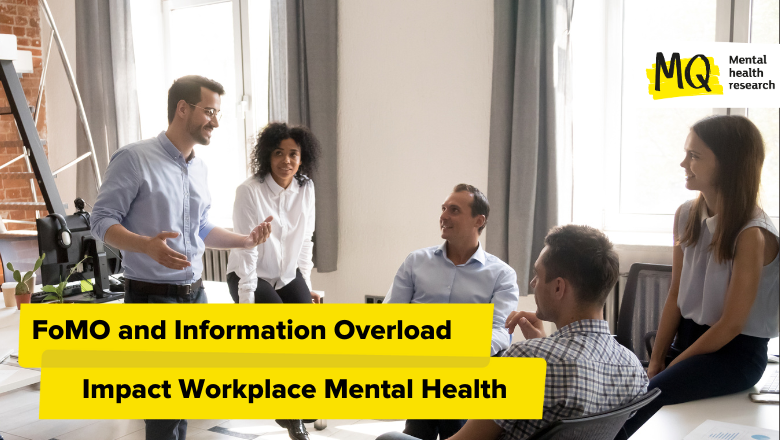New research from the University of Nottingham reveals that the fear of missing out (FoMO) and information overload in digital workplaces are significant risk factors for employee mental health, potentially leading to increased stress and burnout. The study, published in SAGE Open, analyzed survey data from 142 employees to explore the negative impacts of digital working.
Elizabeth Marsh, a PhD student from the School of Psychology who led the study, noted, “The digital workplace is now recognized as a key strategic asset in organizations that enables worker productivity and flexibility in the context of hybrid working. However, the potential downsides in terms of worker well-being also need to be considered, especially given the proliferation of digital communication channels and tools since Covid.”
FoMO in the workplace is defined as anxiety about missing out on important information, updates, or opportunities for interaction. While this term has traditionally been associated with social media, the study shows it is now a significant concern in professional environments. Participants reported that both information overload and the fear of missing out were particularly detrimental to their well-being, directly increasing stress levels related to digital working.
Marsh emphasized,
“The glut of information flowing through channels such as email, intranets, or collaboration tools can lead workers to worry about missing out on it as well as succumbing to overload as they strive to keep up. To help people cope with information overwhelm, serious and sustained attention should be given to both optimizing information management and supporting information literacy.”
The research suggests practical steps for employers, including optimizing the flow of information and investing in practices that support employee well-being. Dr. Alexa Spence, Professor of Psychology, added,
“Consideration of the digital workplace in work and job design is essential to not only employee productivity but also well-being in modern organizations. Where this is lacking, elevated stress and burnout as well as poorer mental health may result.”
The study, funded by the Economic and Social Research Council (ESRC) Midland Graduate School, underscores the importance of addressing the challenges of digital working to safeguard employee mental health.
Learn more about what MQ is doing to understand burnout and stress in the workplace here.







